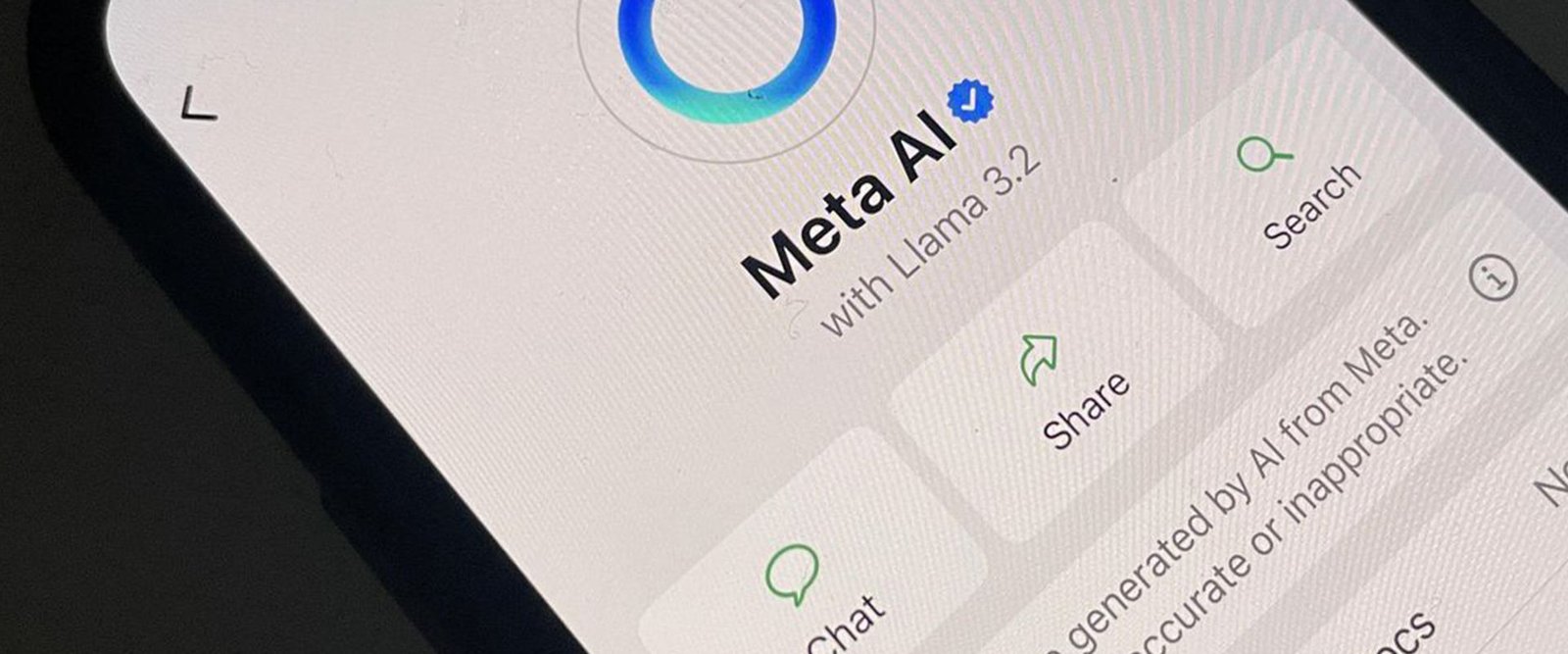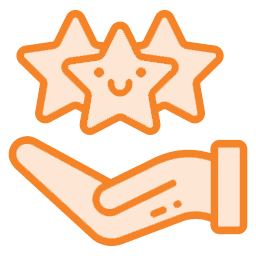WhatsApp has evolved from a simple messaging app into a powerful business tool, helping brands automate customer interactions, streamline sales, and improve engagement. With over 2.2 billion active users worldwide and 100+ billion messages sent daily, businesses are leveraging AI-powered chatbots to handle inquiries, process transactions, and provide real-time support.
This guide explores how WhatsApp chatbots work, their impact on customer support and sales, and how to implement them effectively.
Understanding WhatsApp Chatbots
What Is a WhatsApp Chatbot?
A WhatsApp chatbot is an AI-powered virtual assistant that interacts with customers via WhatsApp, responding to queries, processing requests, and guiding users through a sales funnel.
Key Features of WhatsApp Chatbots:
WhatsApp Business API Integration – Enables chatbot automation within WhatsApp.
AI & NLP Technology – Allows bots to process messages and provide meaningful responses.
Automated Responses & Smart Routing – Handles FAQs, processes requests, and transfers complex cases to human agents.
How WhatsApp Chatbots Work:
A customer sends a message on WhatsApp.
The chatbot processes the request using AI and predefined workflows.
It responds instantly, provides assistance, or escalates the query if needed.
How AI Powers WhatsApp Chatbots
AI-driven WhatsApp chatbots use Natural Language Processing (NLP) and Machine Learning (ML) to enhance customer engagement and automation.
AI Technologies Behind WhatsApp Chatbots:
NLP (Natural Language Processing) – Helps bots understand and process messages.
Machine Learning (ML) – Improves chatbot accuracy over time.
Intent Recognition – Identifies user intent, such as support requests, sales inquiries, or general questions.
Popular AI Chatbot Platforms for WhatsApp:
Dialogflow (Google AI) – NLP-based chatbot builder.
ManyChat – No-code chatbot platform for WhatsApp.
Twilio & Gupshup – API-based chatbot solutions for enterprises.

Customer Support Transformation
WhatsApp Chatbots for Customer Service
AI-powered WhatsApp chatbots allow businesses to automate customer support, reducing wait times and cutting operational costs.
How Chatbots Improve Customer Service:
Automated FAQs – Handles order tracking, appointment scheduling, and ticket status updates.
24/7 Availability – Supports customers anytime, reducing human workload.
Seamless Human Escalation – Transfers complex queries to a live agent when needed.
Real-World Use Cases of WhatsApp Chatbots
Healthcare & Clinics
Appointment Confirmations & Reminders – Reduce no-shows by 30% (Source: HealthTech Report).
E-commerce & Retail
Order Tracking & Returns – Reduces customer support workload by 40% (Source: Gartner).
Telecom Industry
24/7 Account Support – Handles billing inquiries, plan upgrades, and troubleshooting.
Sales, Lead Generation & Revenue Growth
How WhatsApp Chatbots Drive Sales
WhatsApp chatbots don’t just assist customers—they also convert leads into paying customers.
How Chatbots Boost Sales:
Lead Qualification & Follow-Ups – Chatbots collect lead information and schedule callbacks.
Personalized Product Recommendations – AI suggests relevant products or services.
Cart Abandonment Recovery – Chatbots remind customers about pending purchases.
WhatsApp Chatbots & Marketing Funnels
A well-structured WhatsApp chatbot funnel moves customers from initial interest to purchase.
WhatsApp Marketing Funnel Example:
Stage | Chatbot Function | Example Message |
TOFU (Top of Funnel) | Greeting, company intro, product info | “Hi! Welcome to [Brand]. How can I assist you today?” |
MOFU (Middle of Funnel) | FAQs, comparisons, testimonials | “Customers love our [Product]. Would you like to see reviews?” |
BOFU (Bottom of Funnel) | Discounts, checkout, follow-ups | “Order now and get 10% off! Here’s your exclusive code: SAVE10” |
CRM & Payment Integration for WhatsApp Sales
WhatsApp chatbots can integrate with CRM systems and payment gateways to enable seamless transactions.
Popular Integrations for WhatsApp Chatbots:
HubSpot & Salesforce – Manages lead data.
Zapier & Twilio – Automates notifications and follow-ups.
Stripe & Shopify – Enables in-app payments within WhatsApp.
Implementation & Best Practices
How to Set Up a WhatsApp Chatbot
Steps to Create a WhatsApp Chatbot:
Apply for WhatsApp Business API access via Twilio, WATI, or 360dialog.
Choose a Chatbot Platform like Landbot or ManyChat.
Define Automated Flows – Configure chatbot greetings, lead capture, and FAQ handling.
Monitor & Optimize – Analyze performance and fine-tune interactions.
Tracking Chatbot Performance
Key Metrics to Measure Success:
First Response Time – Measures how fast the chatbot replies.
Lead Conversion Rate – Tracks sales or sign-ups via chatbot interactions.
Customer Satisfaction Score – Measures user feedback on chatbot performance.
Conclusion
WhatsApp chatbots are transforming customer service and sales, offering businesses a scalable solution to improve response times, boost engagement, and drive revenue.
At Collab Lab, we help businesses integrate AI-driven WhatsApp chatbots for support automation, lead generation, and sales optimization.
Looking to automate your WhatsApp conversations? Contact Collab Lab today!
FAQs: WhatsApp Chatbots & AI for Business
Pricing depends on the platform. Some services charge a monthly fee, while others follow a pay-per-message model.
Yes, AI-powered chatbots can be programmed for multilingual support, enhancing customer experience globally.
Integrating with HubSpot, Salesforce, or Zoho helps businesses track leads, automate follow-ups, and manage customer data efficiently.
Yes, if they follow GDPR compliance and ensure end-to-end encryption for customer conversations.





